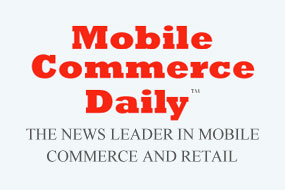
Ken Wisnefski composed an article regarding Facebook’s initiative to host news stories from reputable news organizations the New York Times and National Geographic on its platform. Here is an excerpt:
It does seem to raise the question; does a partnership between a well-known news organization and Facebook put Facebook, by any measure, in charge of the content created by that news organization? As an interesting parallel, my company specializes in Search Engine Optimization or SEO and I can say for sure that considerations of how keywords rank in a Google search has absolutely changed the way people write. And if that is true, then certainly considerations of who might read what story over which platform could influence the way a story is written. And if this were to catch on, say if more and more news outlets started to provide content strictly over social media platforms, then are those platforms still truly social media platforms or something else entirely?


















